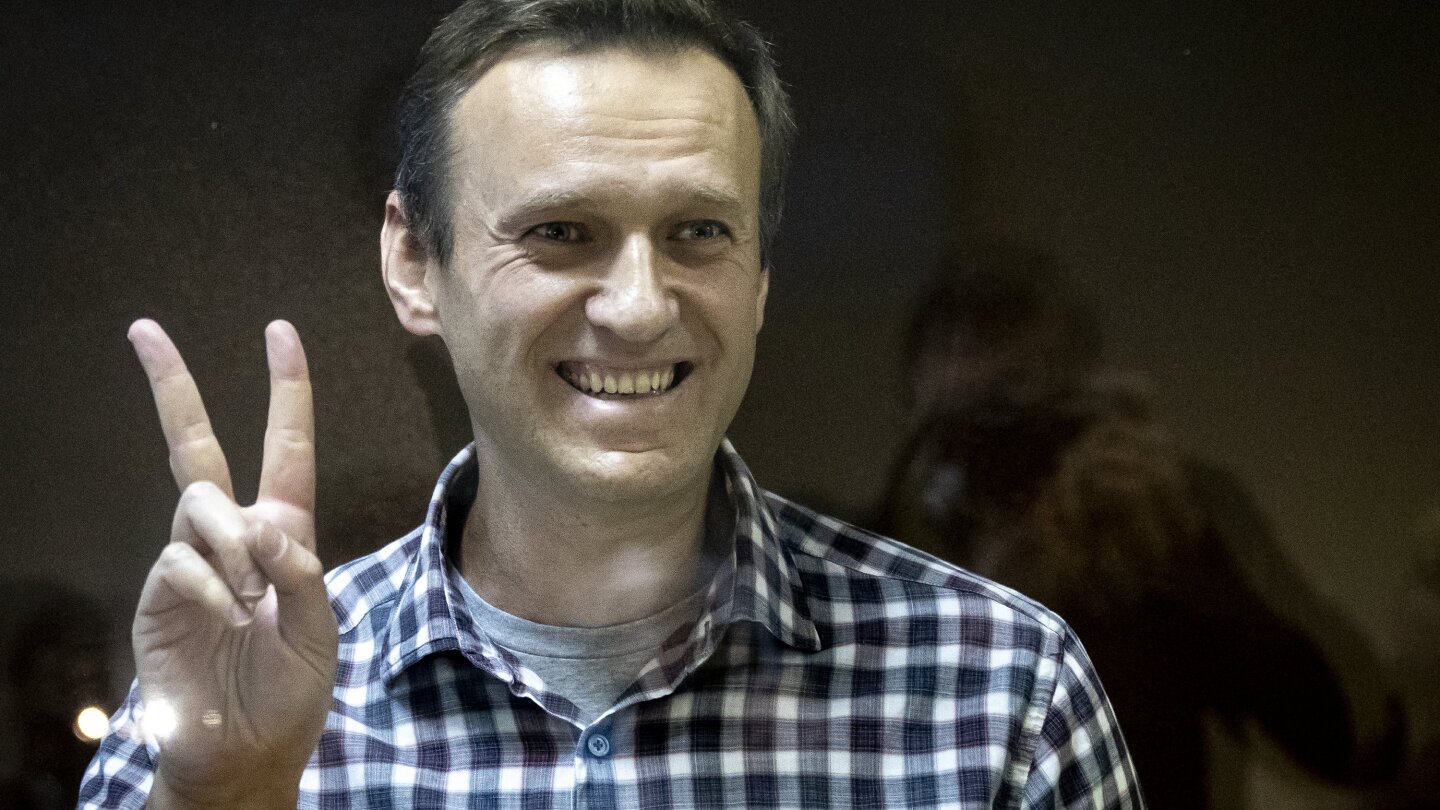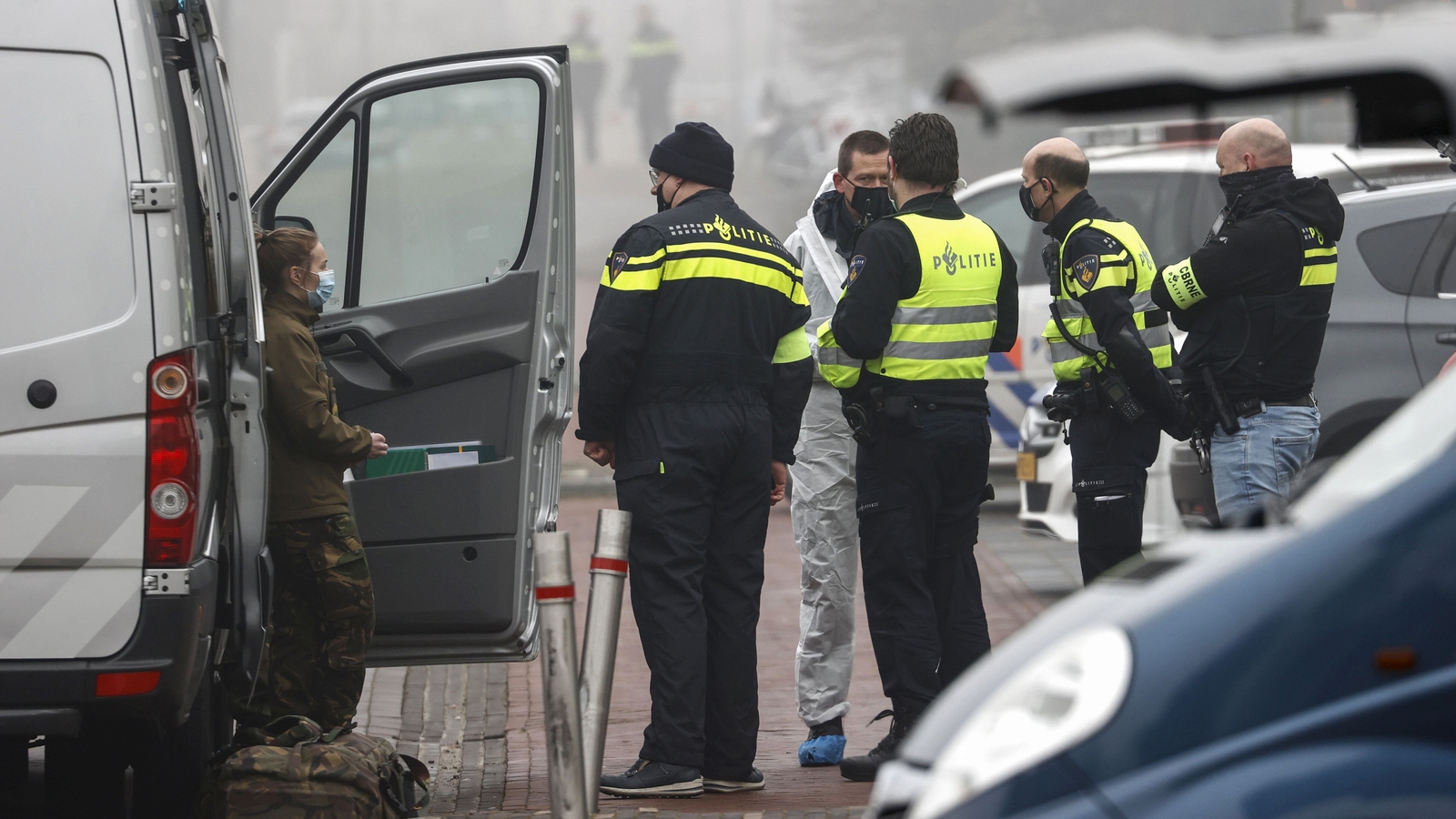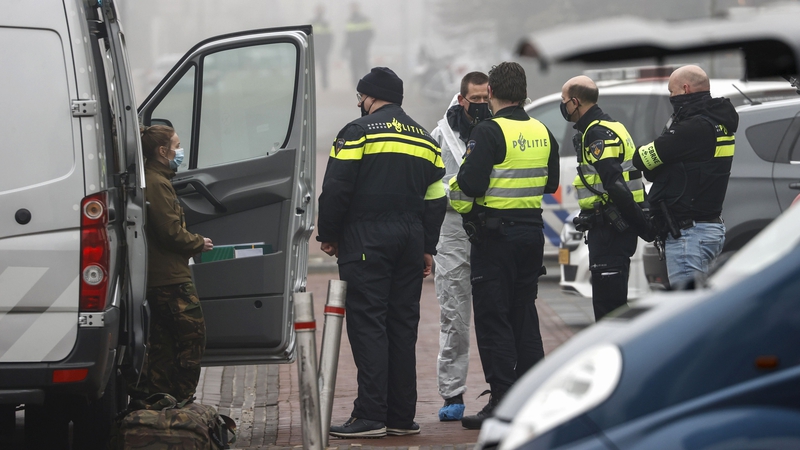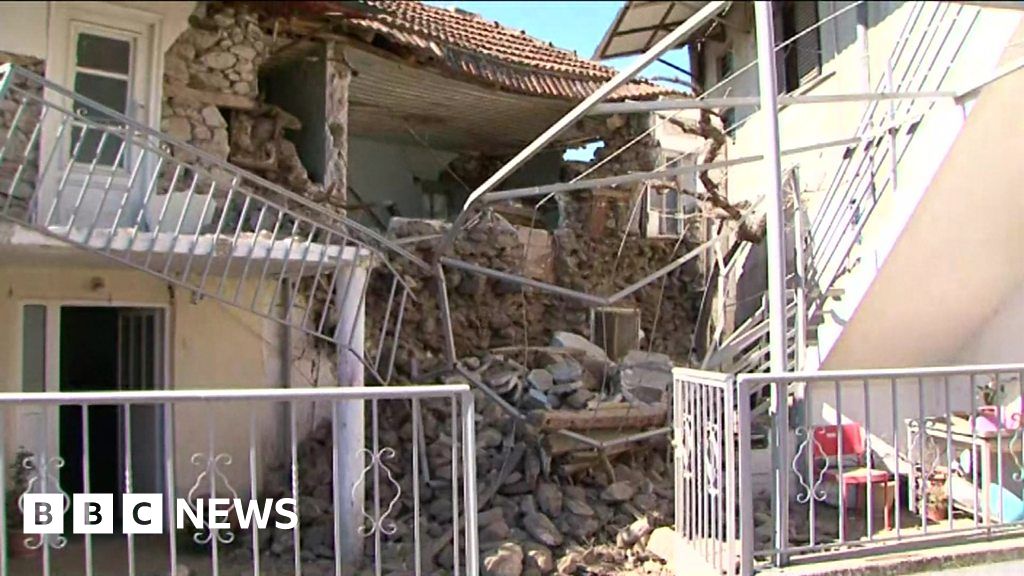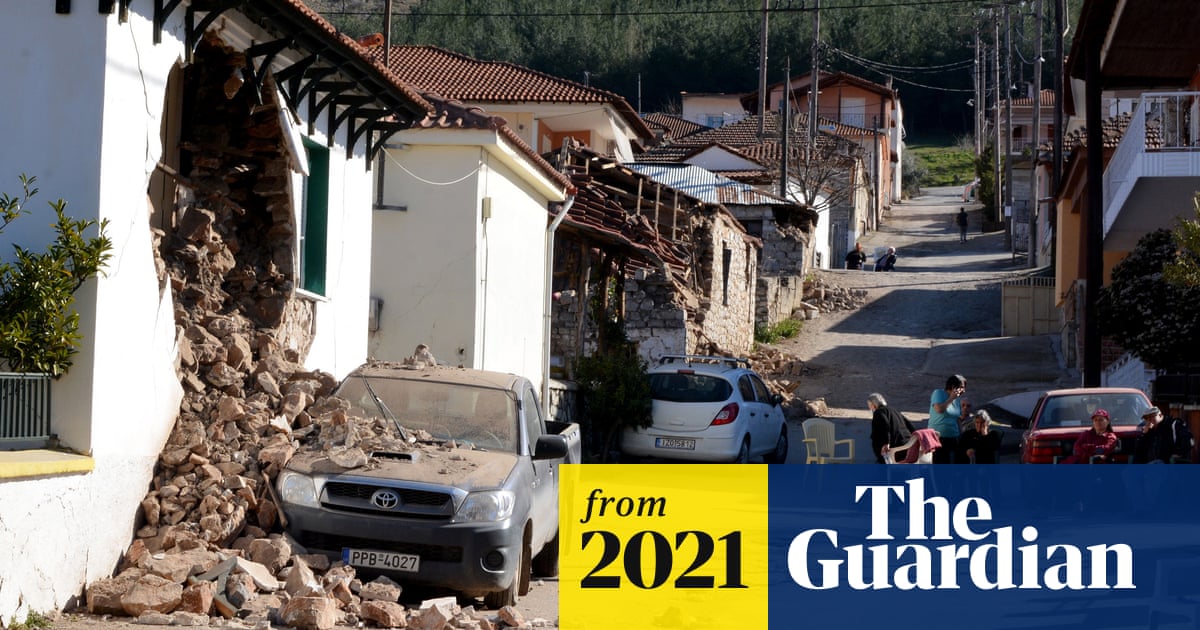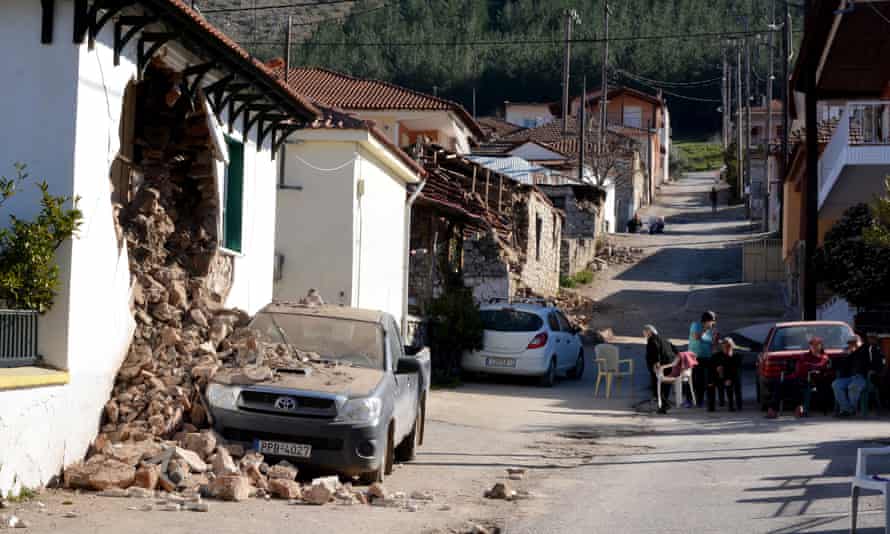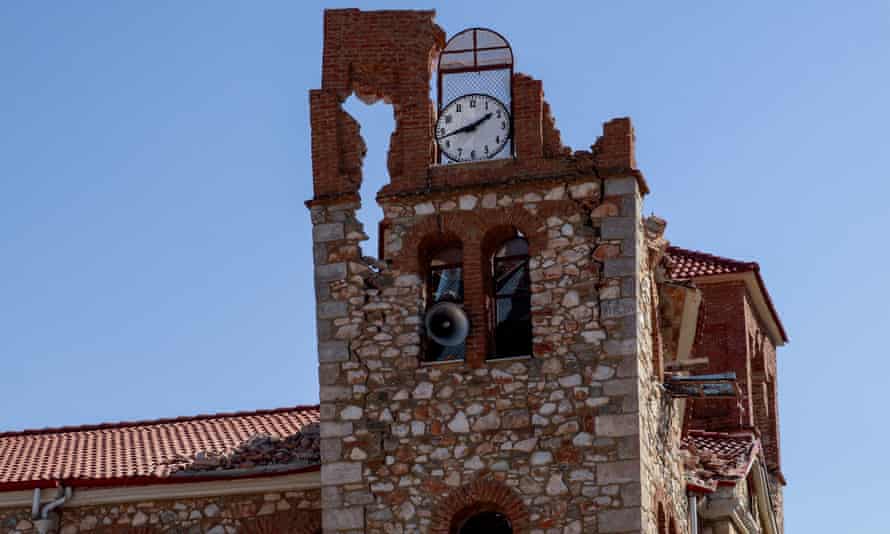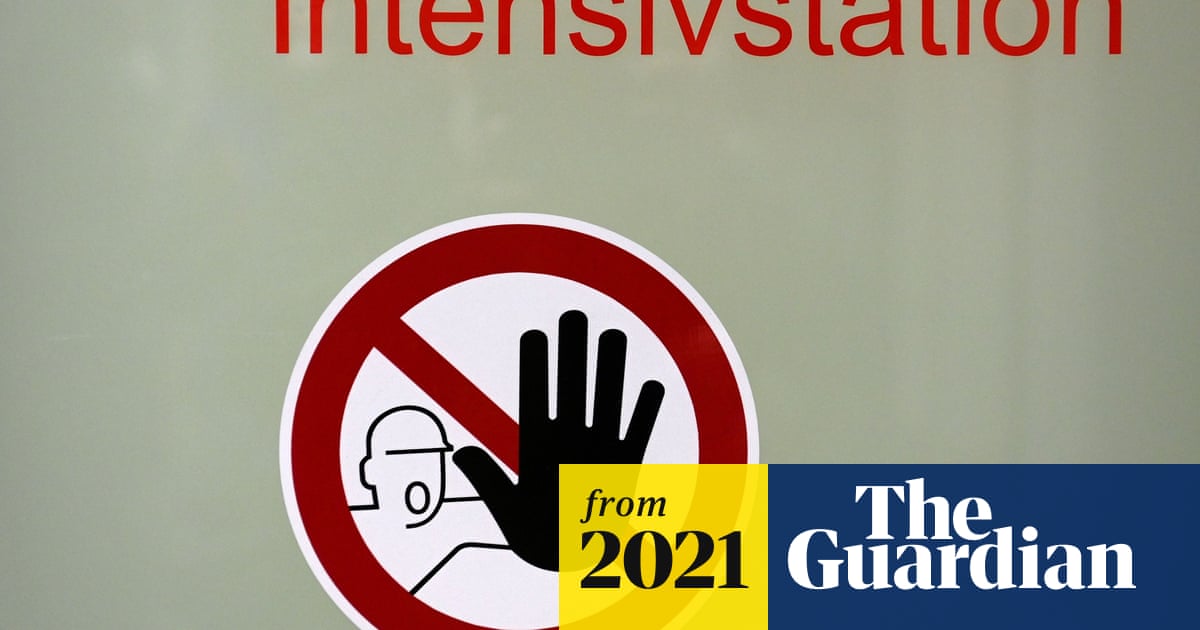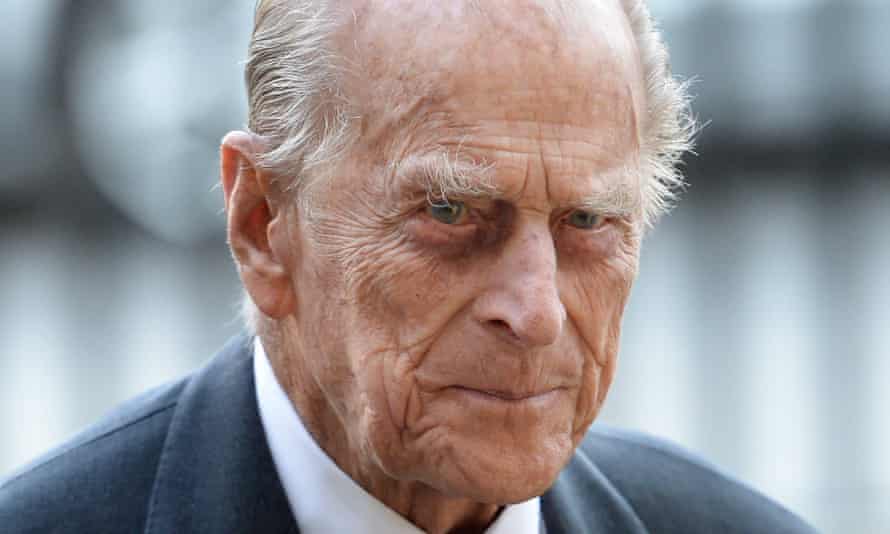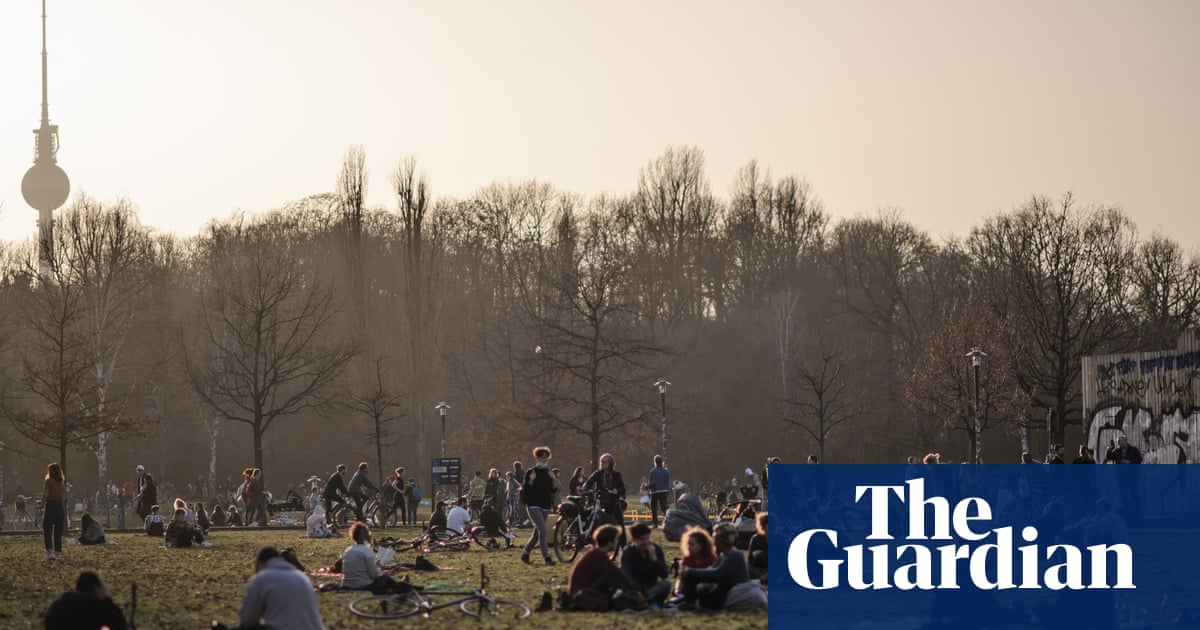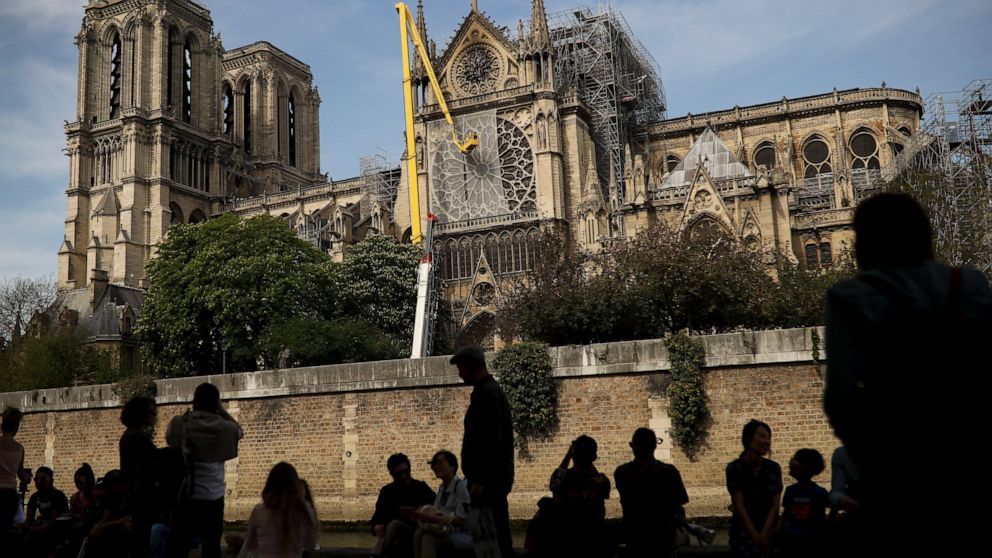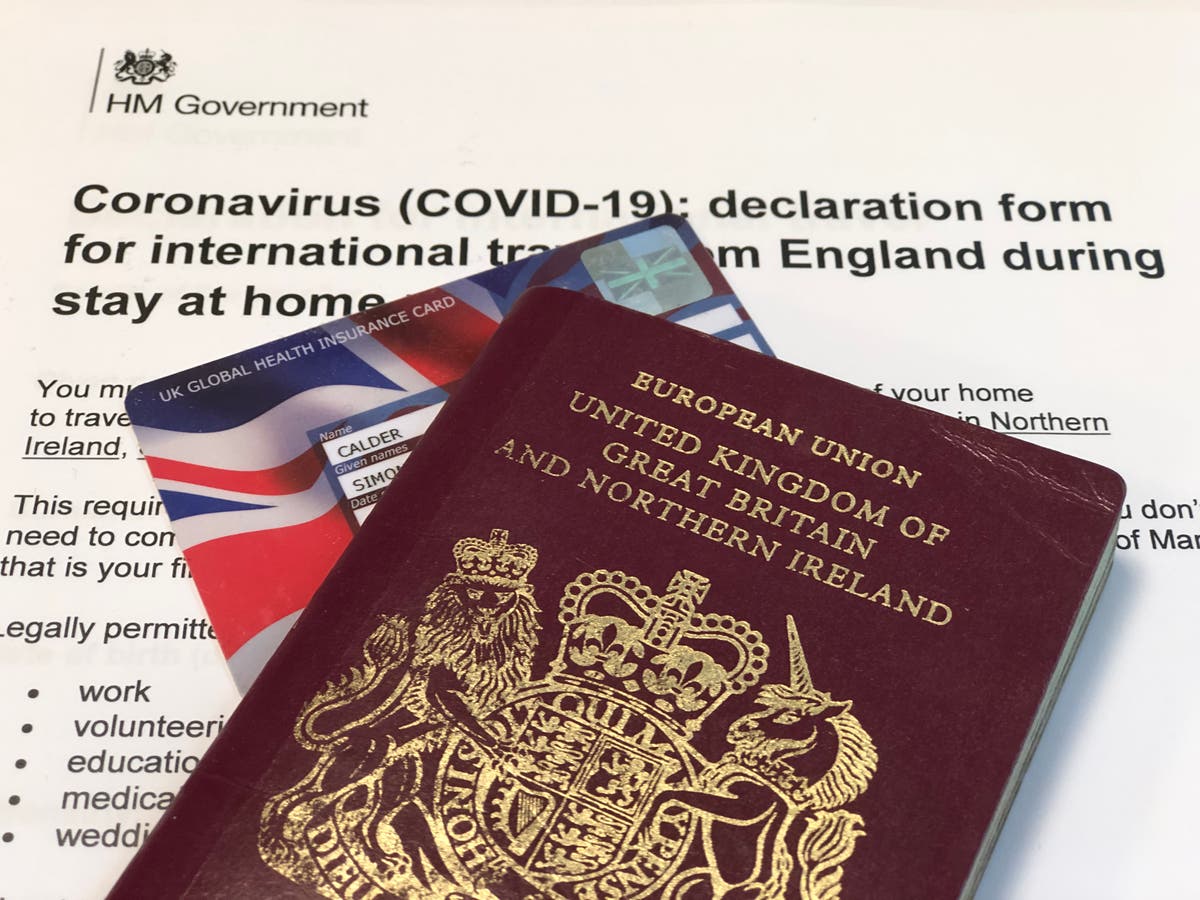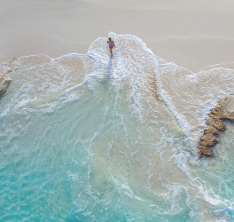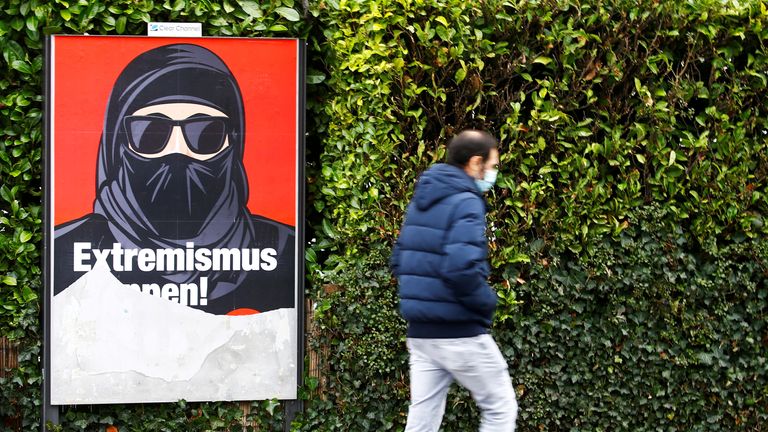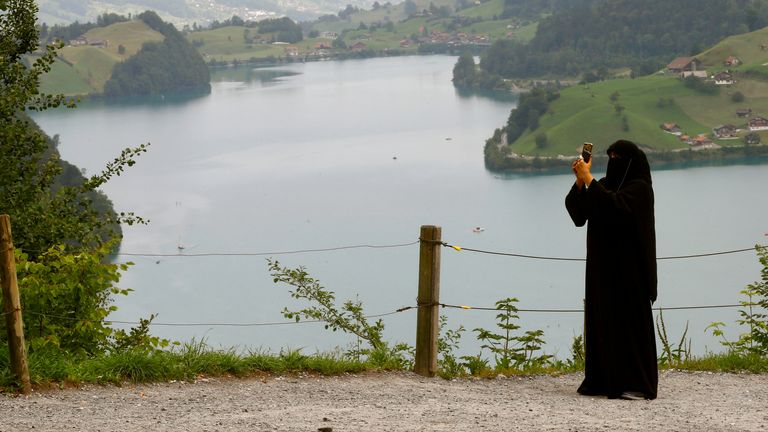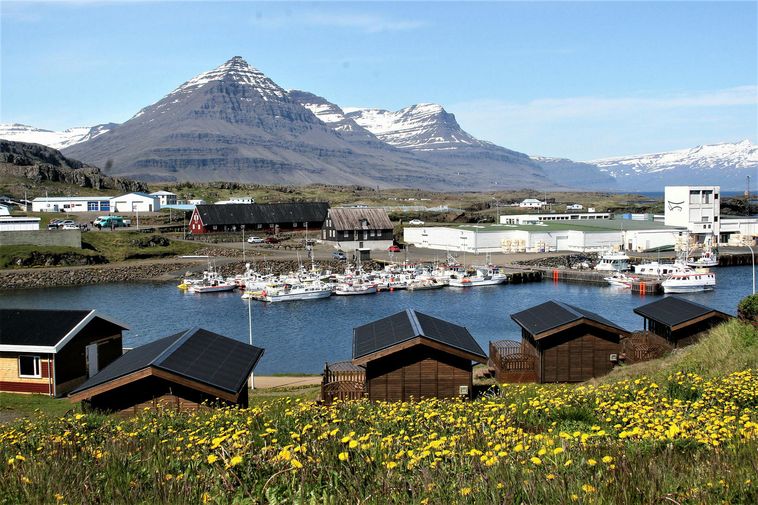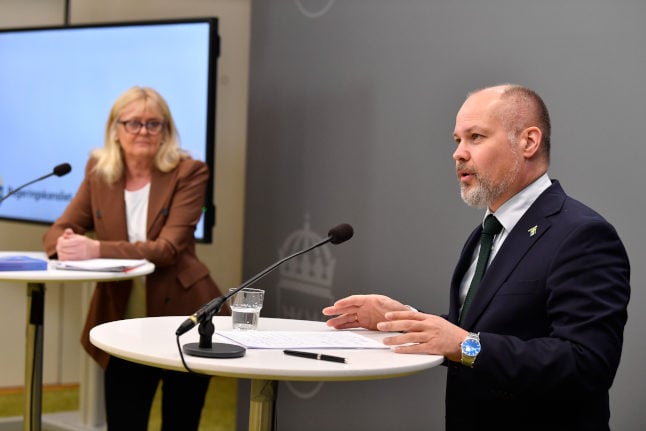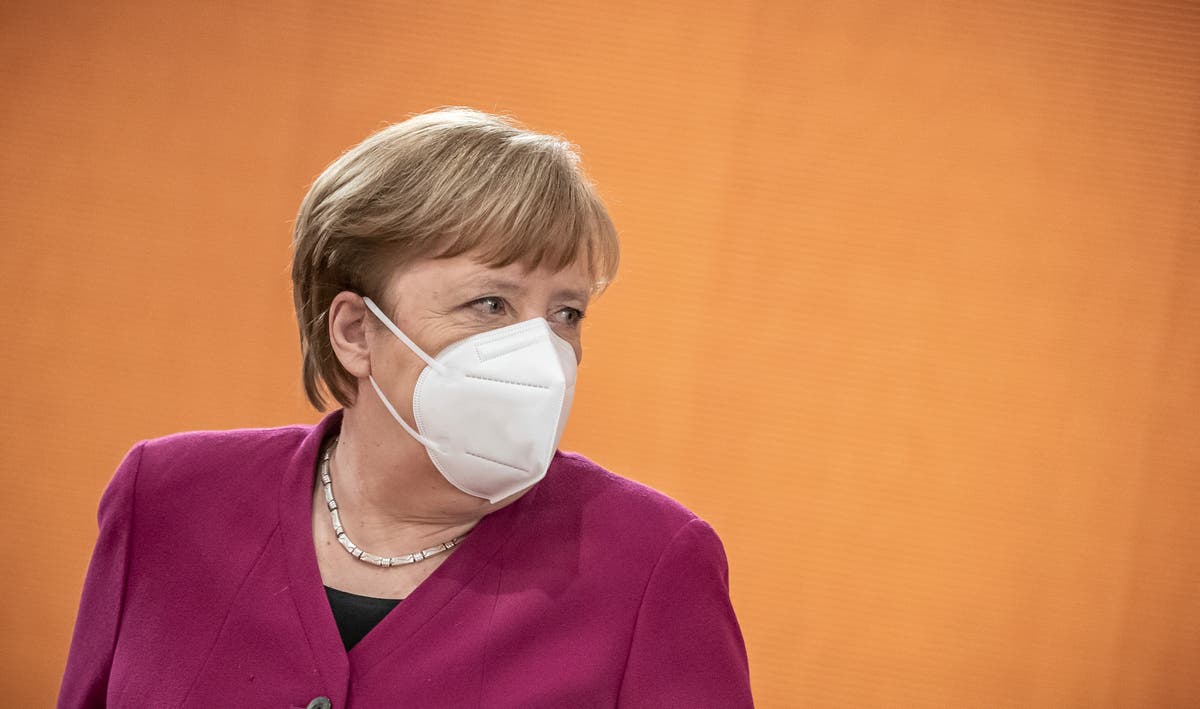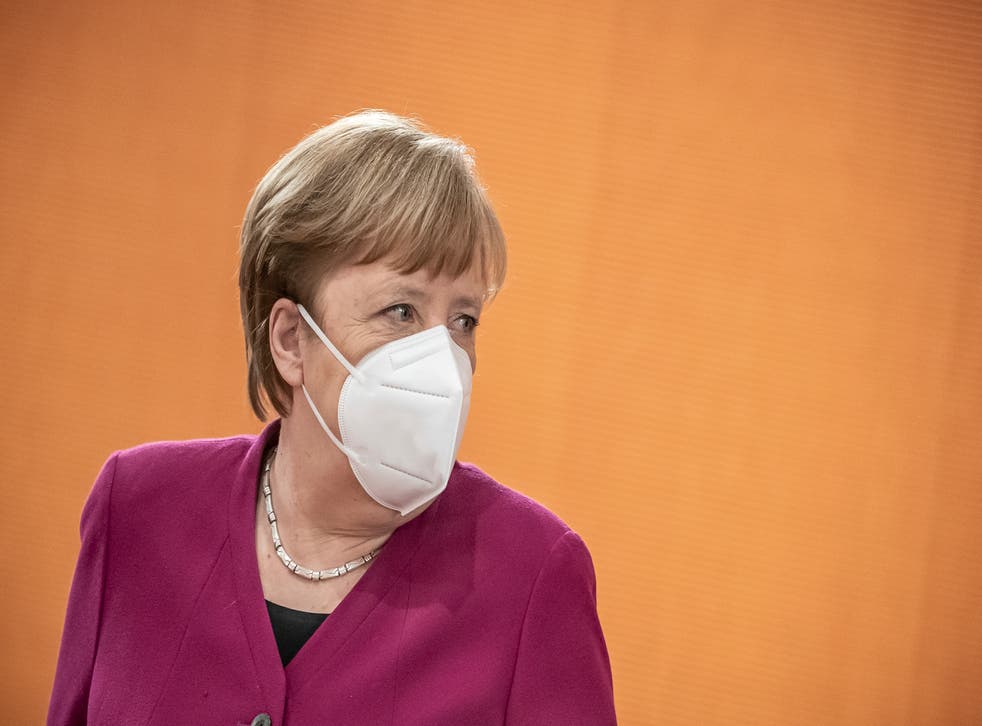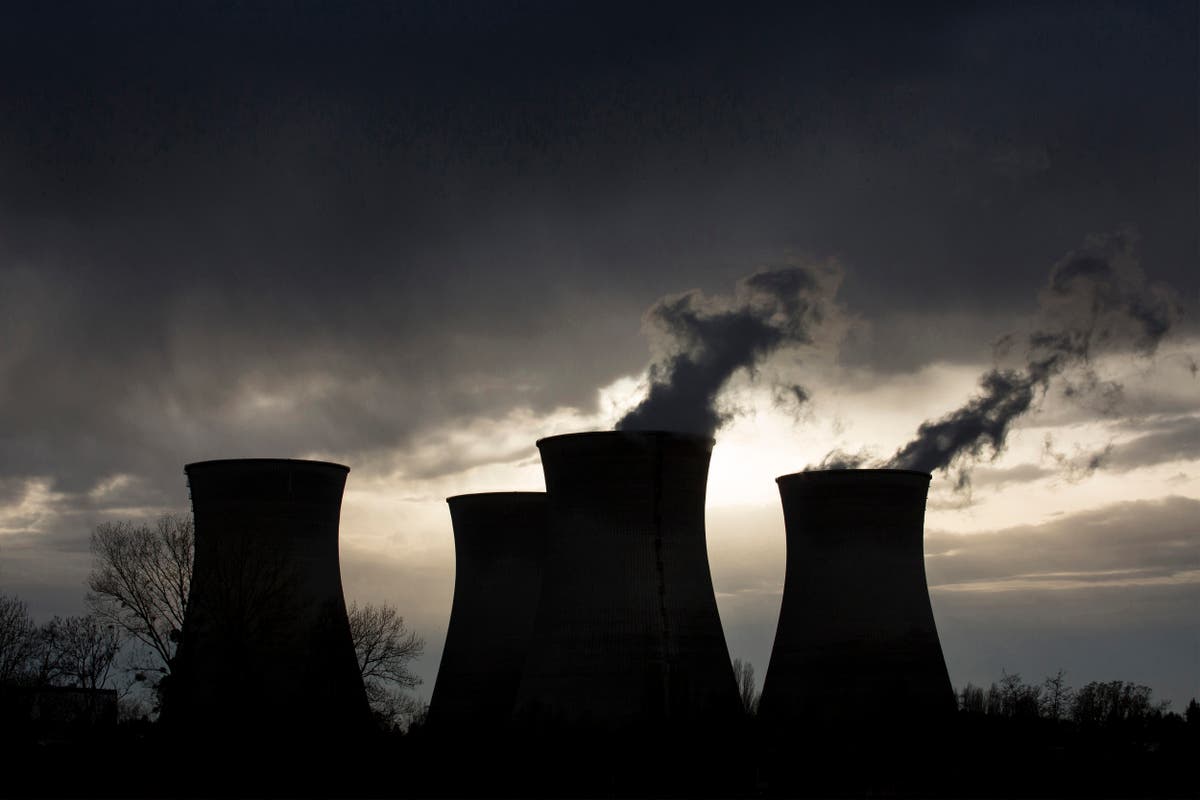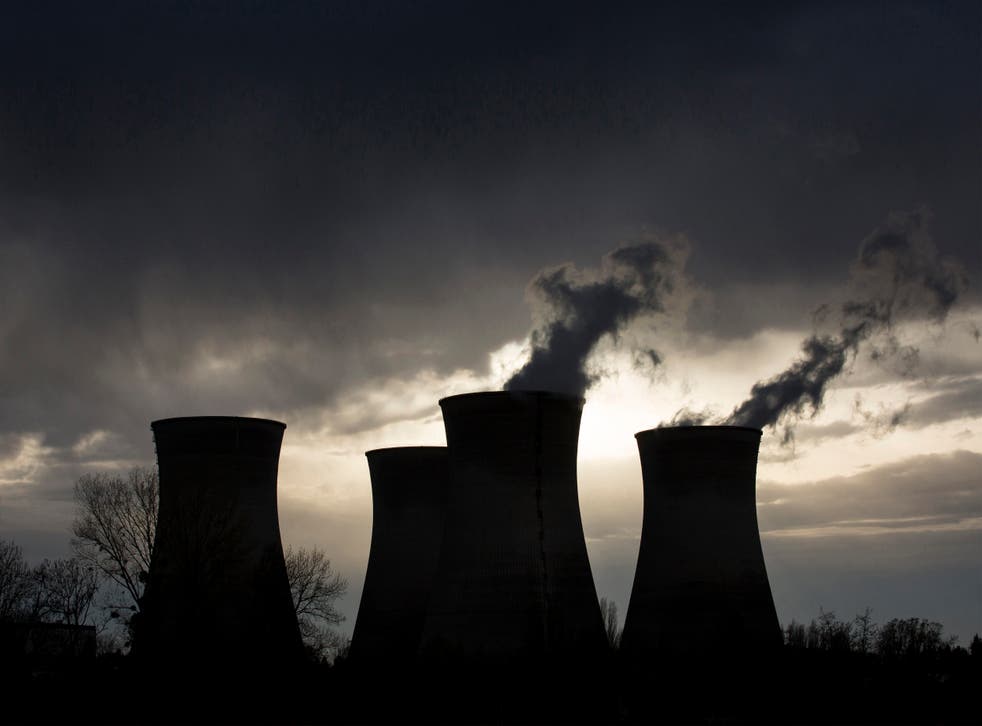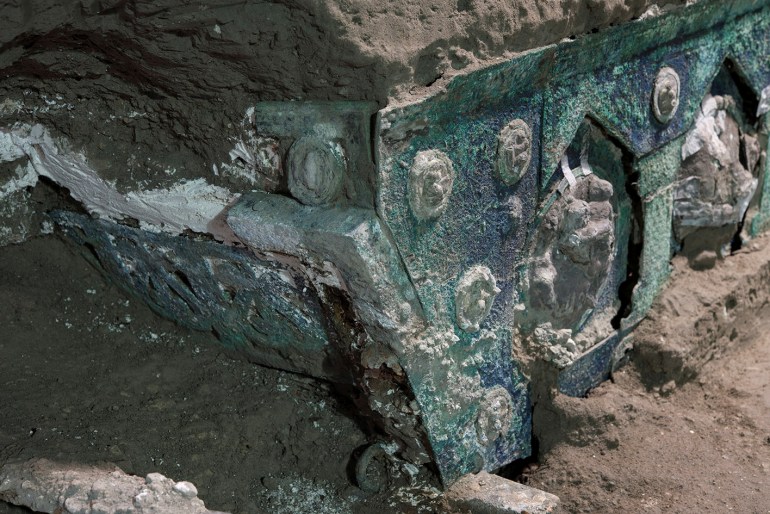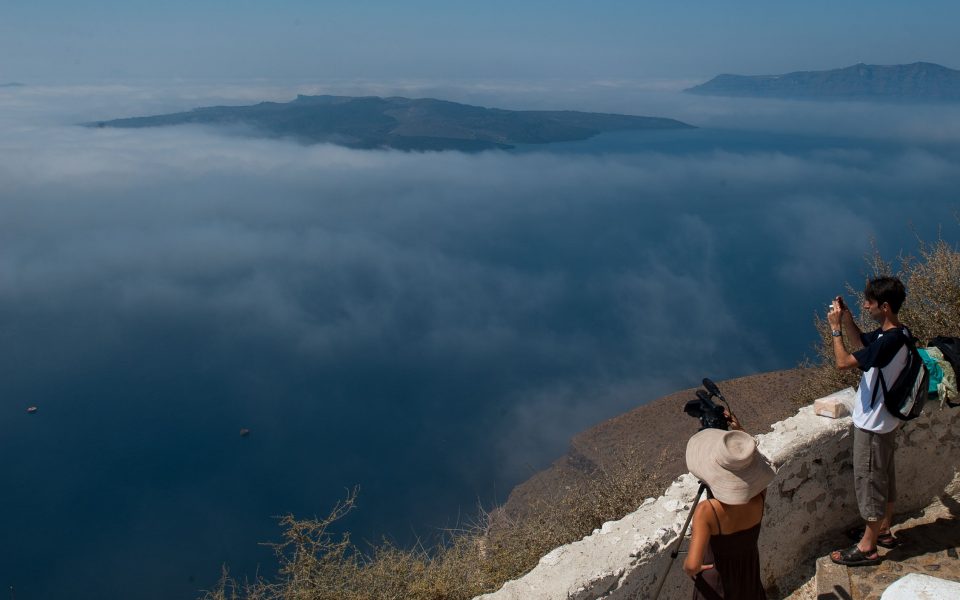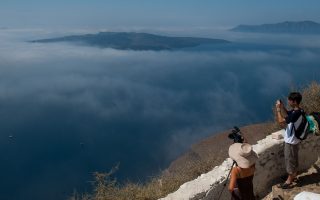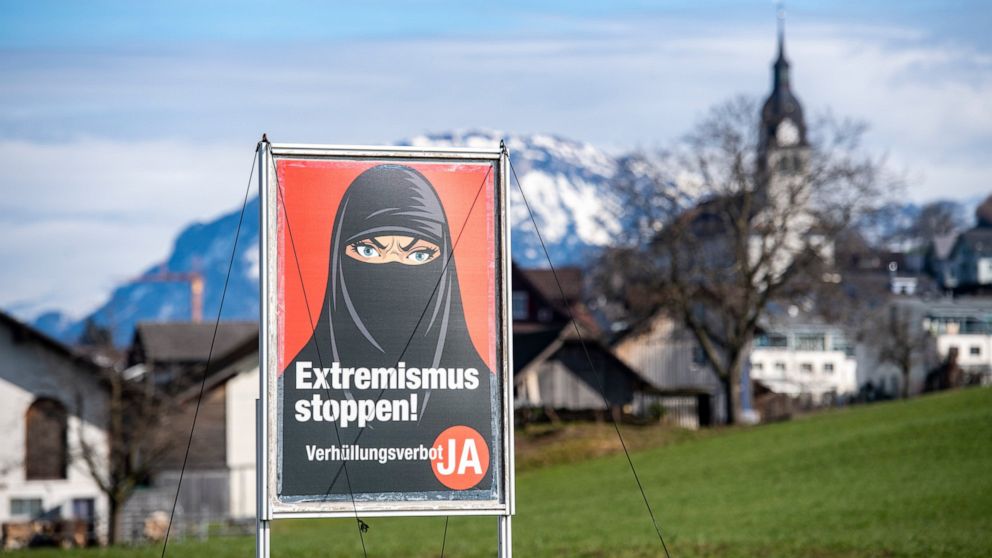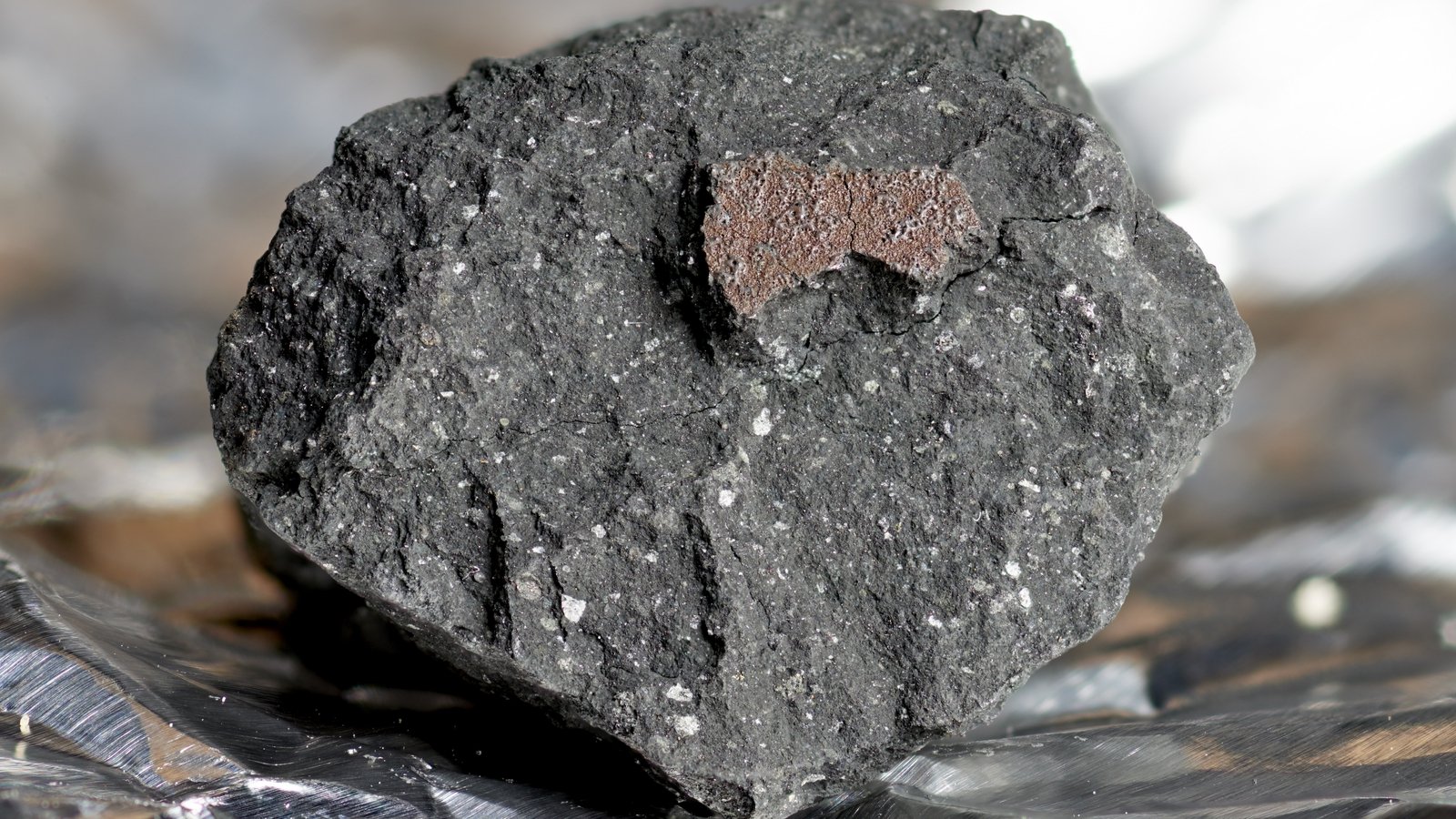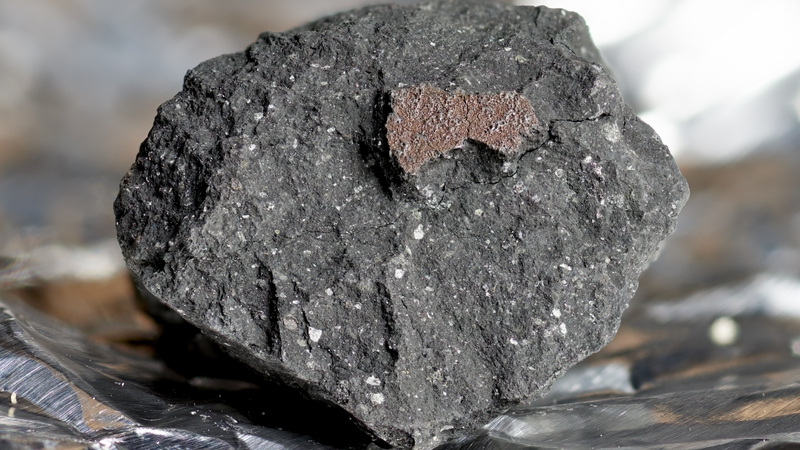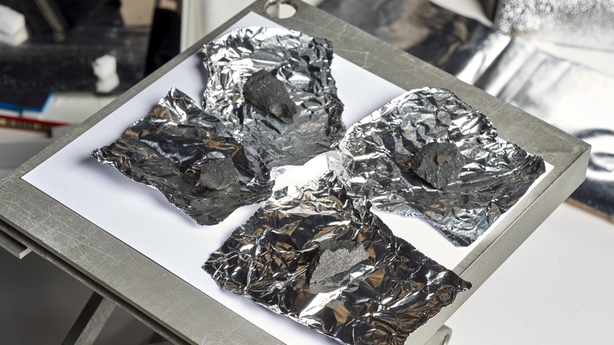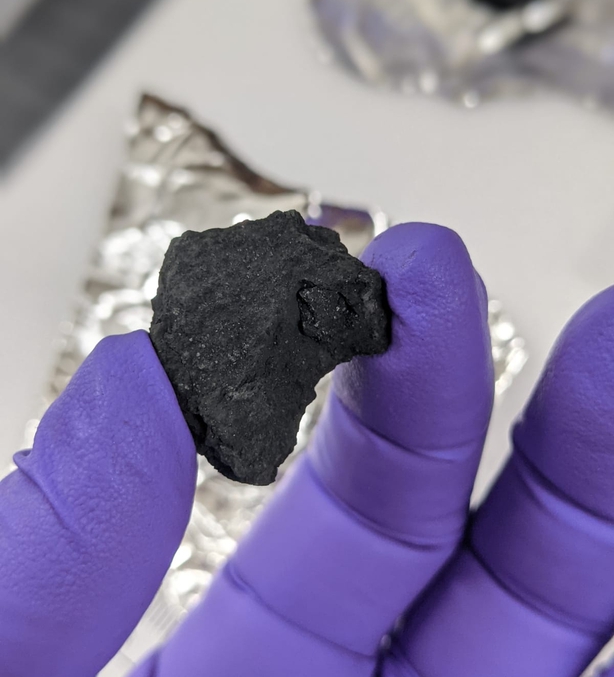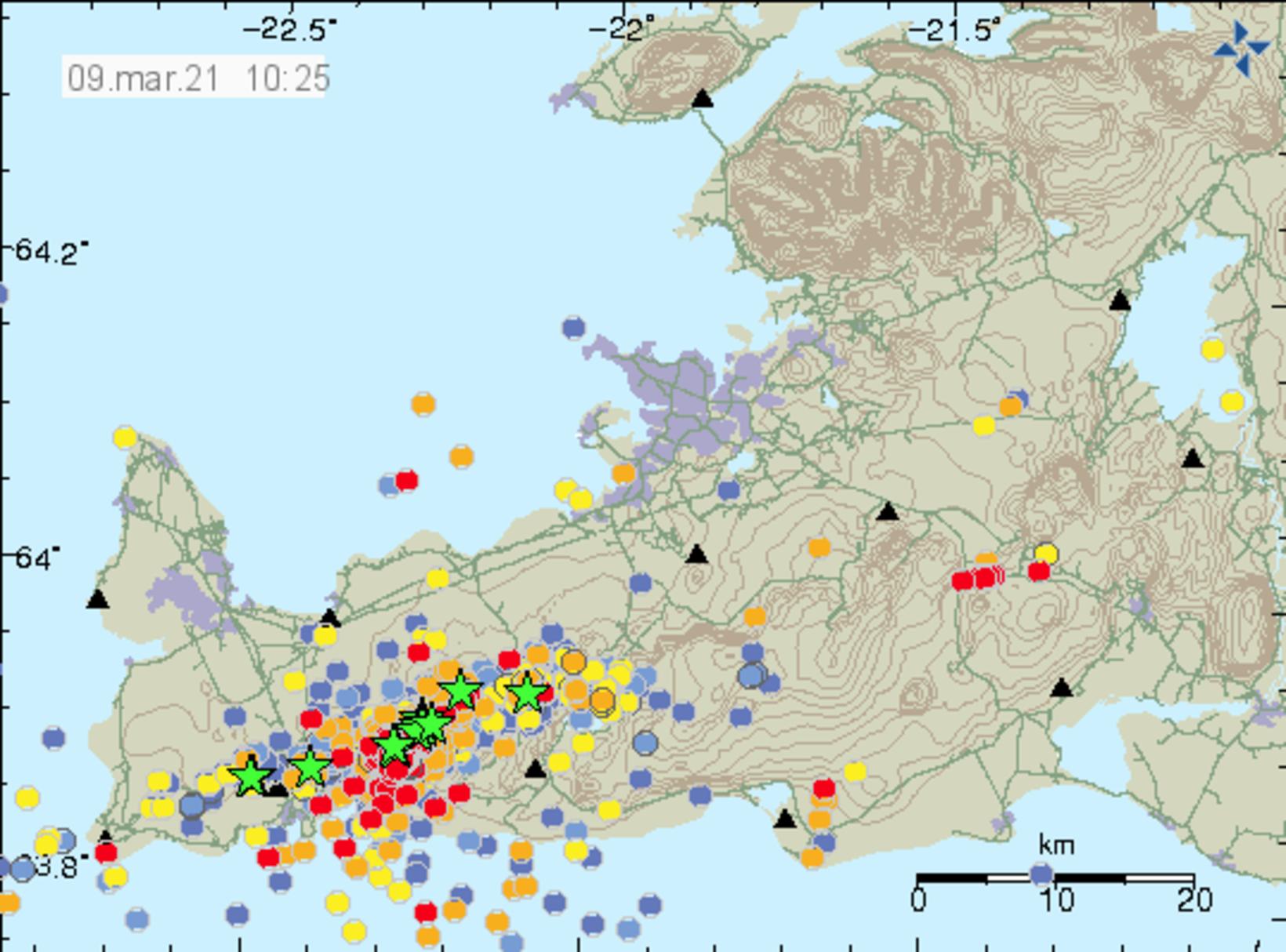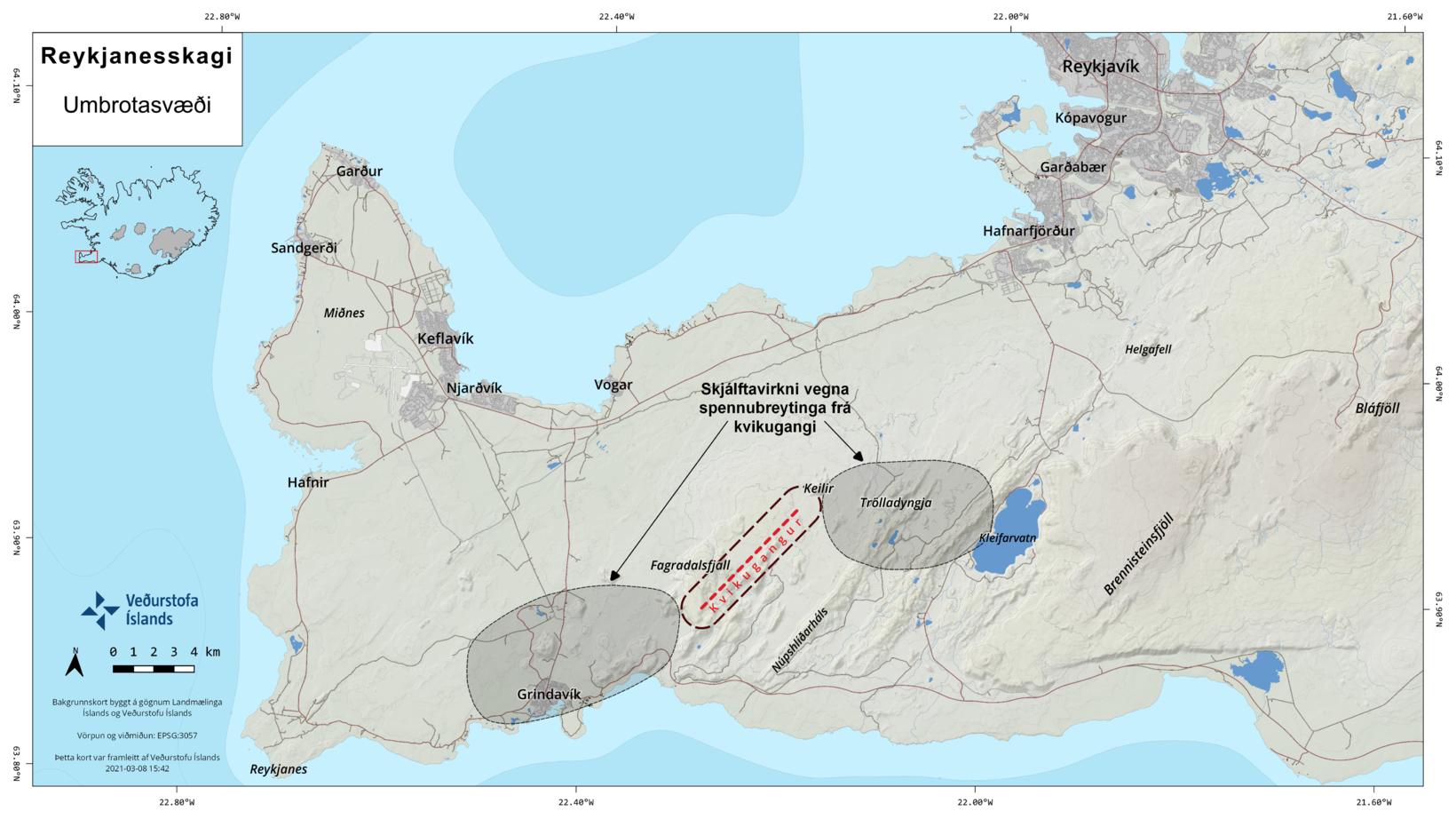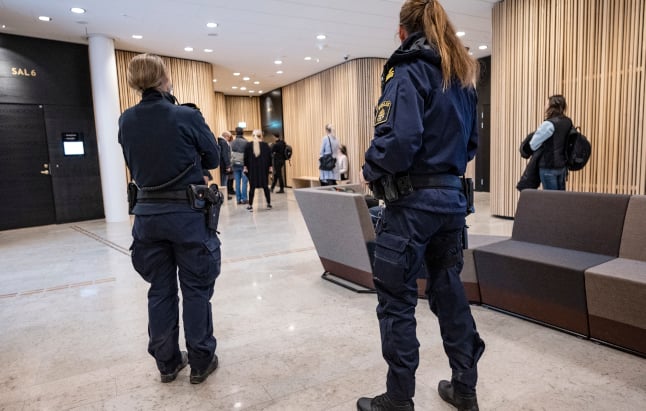Plain Jane
Just Plain Jane
February's thread is here:
 www.timebomb2000.com
www.timebomb2000.com
Conflict in the Mediterranean thread is here beginning page 71:
 www.timebomb2000.com
www.timebomb2000.com
Armenia/Azerbaijan conflict thread:
 www.timebomb2000.com
www.timebomb2000.com
Main Coronavirus thread is here beginning page 1333:
 www.timebomb2000.com
www.timebomb2000.com

 www.reuters.com
www.reuters.com
FEBRUARY 26, 20212:34 AMUPDATED 2 DAYS AGO
U.N. rights experts to issue findings on Navalny case on Monday
By Reuters Staff
1 MIN READ
GENEVA (Reuters) - United Nations human rights investigators will issue their findings on the case of Kremlin critic Alexei Navalny on Monday, a U.N. statement said on Friday.
The opposition politician was arrested in Moscow in January upon returning from Germany following treatment for poisoning with what many Western countries say was a military-grade nerve agent.
Agnes Callamard, U.N. expert on killings, and Irene Khan, U.N. expert on freedom of opinion and expression, will issue their findings on their investigation at a Geneva press conference on Monday (1500 GMT), the U.N. said in a statement revealing the investigation.
(This story refiles to correct typographical error in first paragraph)
Reporting by Stephanie Nebehay; Editing by Alex Richardson
Our Standards: The Thomson Reuters Trust Principles.
INTL - Europe: Politics, Economics, and Military- February 2021
https://www.reuters.com/article/us-health-coronavirus-britain/british-pm-johnson-to-plot-path-out-of-lockdown-on-monday-idUSKBN2AL0NT FEBRUARY 21, 20215:37 PMUPDATED 35 MINUTES AGO British PM Johnson to plot path out of lockdown on Monday By Kate Holton 4 MIN READ LONDON (Reuters) - British...
Conflict in the Mediterranean thread is here beginning page 71:
WAR - Regional conflict brewing in the Mediterranean
CNN International @cnni 17m Construction on an enormous trench across Libya, dug by Russian-backed mercenaries Wagner, is raising fears that foreign fighters will not withdraw from the country by Saturday, as a UN-brokered peace deal insists. View...
Armenia/Azerbaijan conflict thread:
WAR - Main Armenia Versus Azerbaijan War Thread - Open Hostilities Underway Now
View: https://twitter.com/IntelDoge/status/1310094246985203713 #Breaking: Prime Minister of #Armenia confirms that Azerbaijan has launched a missile and aerial attack against Artsakh. States Stepanakert was attacked, and that Armenia has downed 2 helicopters, 3 UAVs and destroyed 3 tanks.
Main Coronavirus thread is here beginning page 1333:
CORONA - Main Coronavirus thread
View: https://www.youtube.com/watch?v=qDfnkNhpXiw 24:52 min Coronavirus Update 122: The Research So Far on COVID-19 and Vaccines vs. Pregnancy •Feb 15, 2021 MedCram - Medical Lectures Explained CLEARLY Professor Roger Seheult, MD discusses the impacts of COVID 19 on pregnant women, and...

U.N. rights experts to issue findings on Navalny case on Monday
United Nations human rights investigators will issue their findings on the case of Kremlin critic Alexei Navalny on Monday, a U.N. statement said on Friday.
FEBRUARY 26, 20212:34 AMUPDATED 2 DAYS AGO
U.N. rights experts to issue findings on Navalny case on Monday
By Reuters Staff
1 MIN READ
GENEVA (Reuters) - United Nations human rights investigators will issue their findings on the case of Kremlin critic Alexei Navalny on Monday, a U.N. statement said on Friday.
The opposition politician was arrested in Moscow in January upon returning from Germany following treatment for poisoning with what many Western countries say was a military-grade nerve agent.
Agnes Callamard, U.N. expert on killings, and Irene Khan, U.N. expert on freedom of opinion and expression, will issue their findings on their investigation at a Geneva press conference on Monday (1500 GMT), the U.N. said in a statement revealing the investigation.
(This story refiles to correct typographical error in first paragraph)
Reporting by Stephanie Nebehay; Editing by Alex Richardson
Our Standards: The Thomson Reuters Trust Principles.
Last edited:


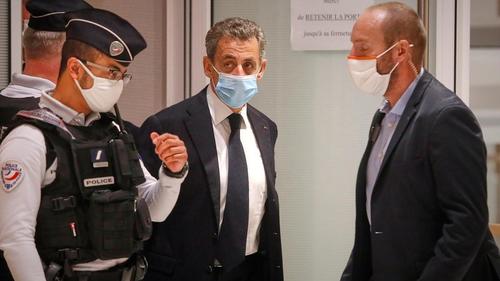 Former French President Nicolas Sarkozy arriving in court, Getty Images
Former French President Nicolas Sarkozy arriving in court, Getty Images
